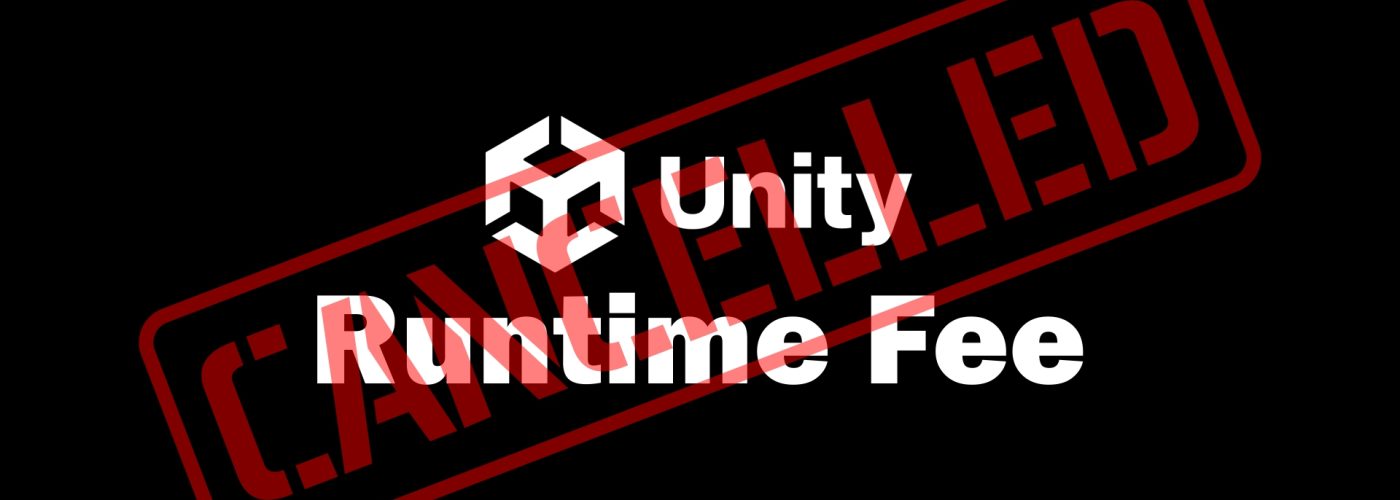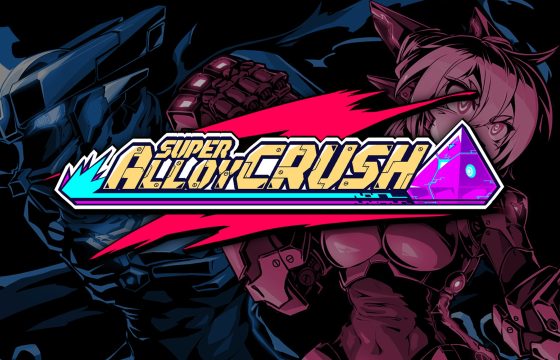Unity cancels the installation fee “Runtime Fee” and updates subscription plans for 2025
Unity Technologies announced today September 12, 2024, through an official statement, the cancellation of the controversial “Runtime Fee”, a charge that would have required developers to pay a fee based on the installations of their games.
This decision comes after months of consultations with the developer community and customers, who voiced strong criticisms of the company’s previous policies. Unity will maintain its current seat-based subscription model and will not implement any revenue sharing.
The announcement also includes updates to subscription plans scheduled for 2025. Unity will increase the price of Unity Pro subscriptions for the first time in over two years and will offer a new customized plan for Enterprise customers.
Additionally, Unity Personal, the free version of the engine, will remain accessible to developers with revenues up to $200,000, an increased threshold that allows more emerging creators to use these tools.

For more details, you can read the full announcement on Unity’s official blog here.
The Controversy Over Unity’s Previous Policies
The decision to cancel the Runtime Fee follows intense backlash sparked by Unity’s licensing policy changes announced in September 2023. The fee required developers to pay a certain amount for each installation of their game once specific revenue and installation thresholds were exceeded. This move triggered protests in the community for several reasons:
- Unpredictable Costs: The new fee made it difficult for developers to estimate operational costs, especially for free-to-play games that could generate millions of installs without proportional revenue.
- Retroactivity: The fee would have applied to already published games, causing financial problems for past projects.
- Impact on Business Models: Business models like free games or bundled games were particularly affected, as they would incur high costs associated with the number of installations.
Clarifications Following the Runtime Fee Controversy
In response to the criticism, Unity attempted to mitigate the situation by clarifying that the installation fee would only apply to recent versions of the Unity engine released in 2024 and beyond. This meant that games developed with earlier versions of the engine would not be subject to the Runtime Fee.

However, these clarifications did not fully appease the community, which continued to feel betrayed by the company’s direction.
The negative reactions ultimately led Unity to reconsider its stance further, culminating in the complete cancellation of the Runtime Fee as declared today.
Personal Perspective
As an independent game developer, I hold Unity in high regard and have great respect for their tools and platform. I am confident that they made this decision with a vision shaped by their vast experience in the industry.
This is a clear indication that Unity has learned from this situation, making it unlikely that similar issues will arise in the future.
Their commitment to listening to the community and making the right adjustments when necessary is a positive sign for all developers like me who have entrusted them with our confidence over the years.









